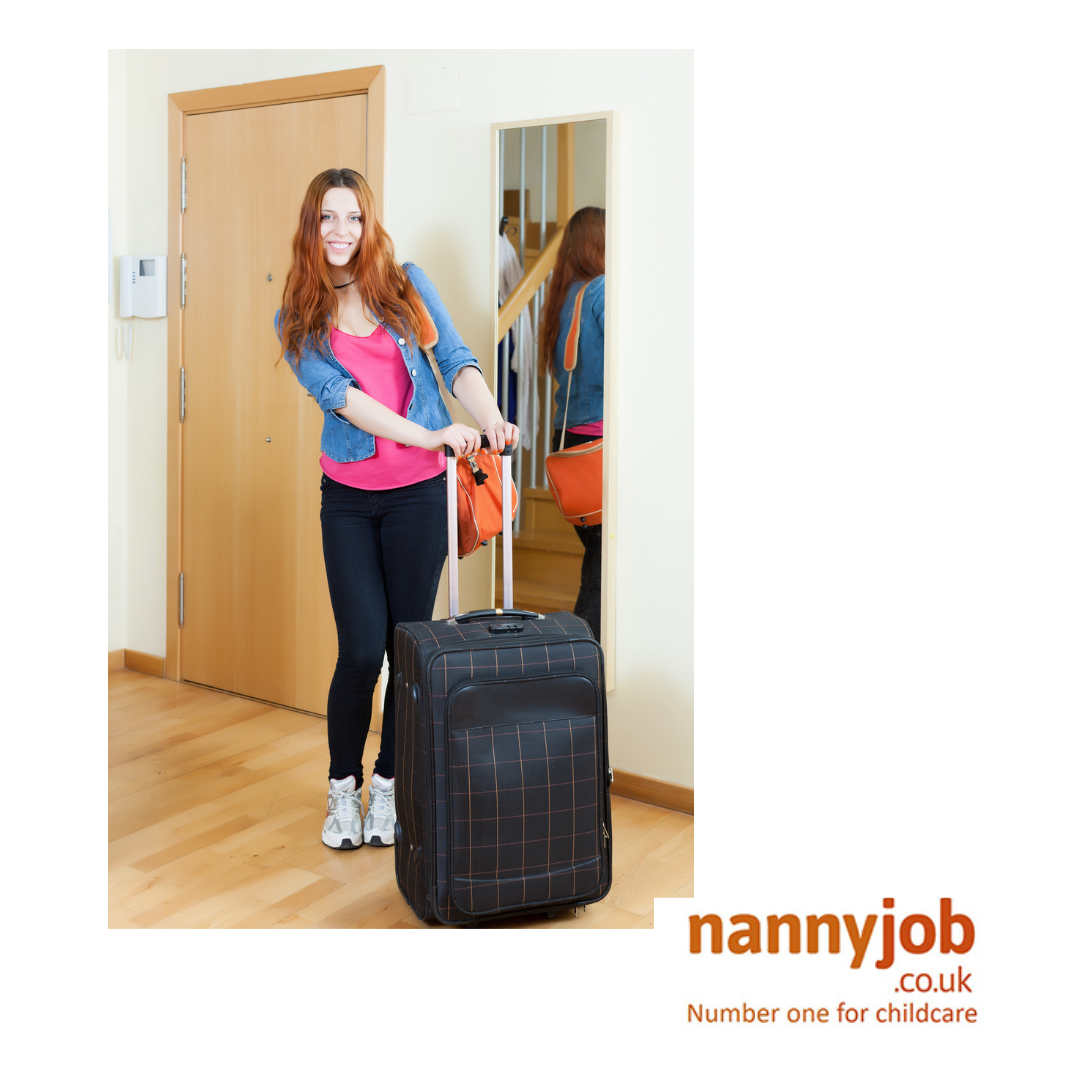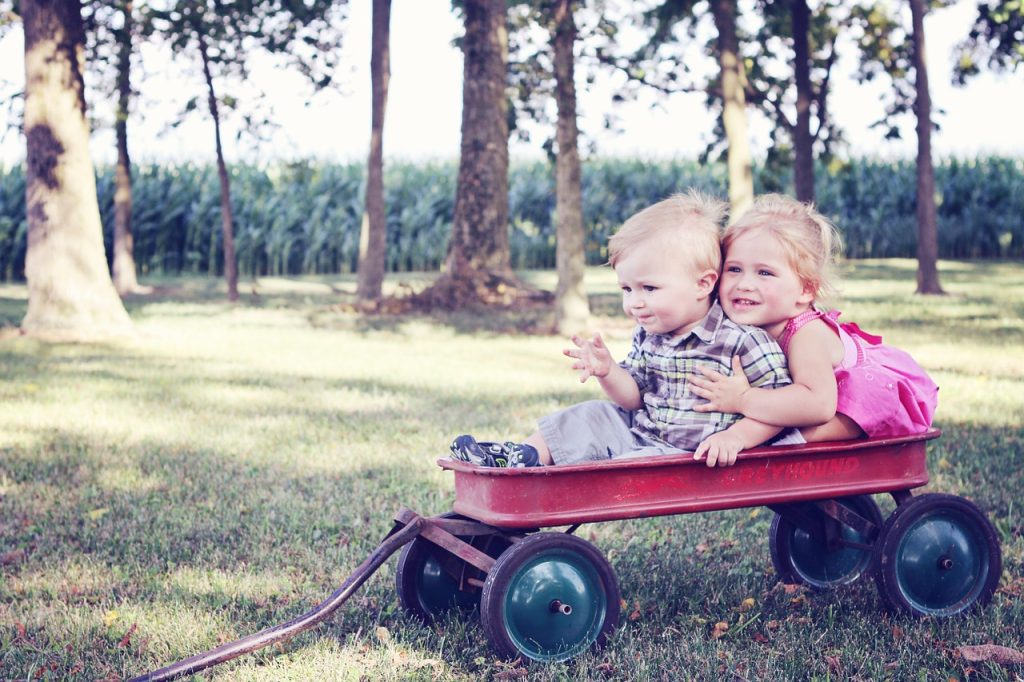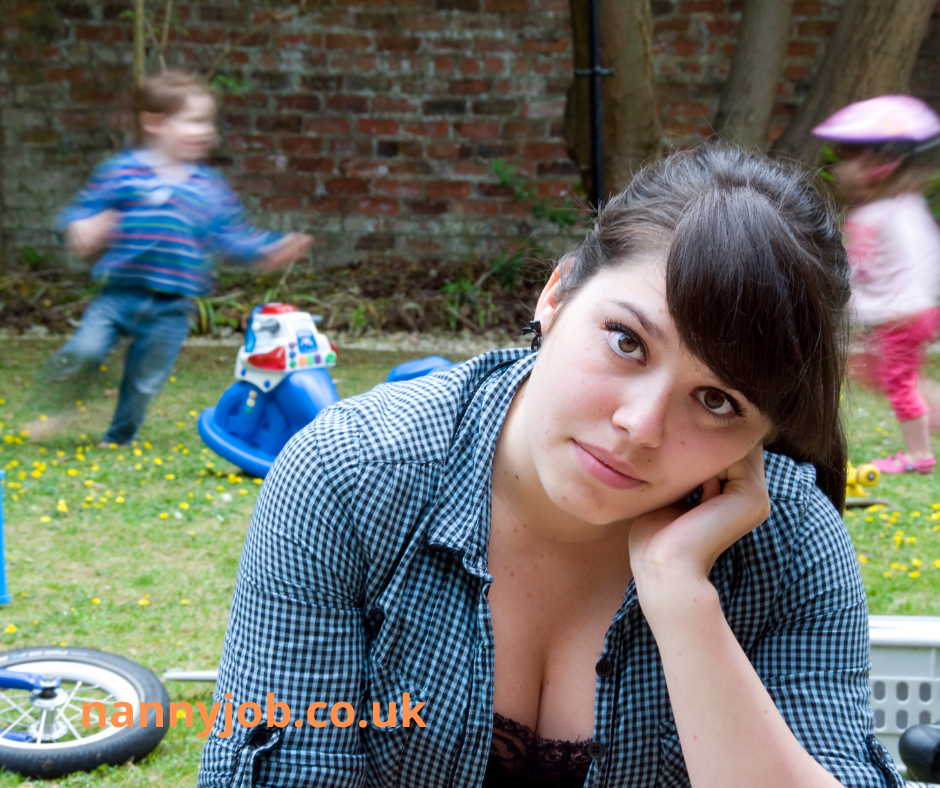In 2024, the role of an au pair continues to be an invaluable part of many families’ lives, offering a unique blend of childcare and cultural exchange. However, understanding the nuances of this role is crucial for a harmonious and respectful relationship. Here are updated guidelines and etiquette for families hosting an au pair.
Au Pairs as Part of the Family
While au pairs are employees, they should also be seen as family members. They live in your home, learn from your culture, and contribute to your family life. The compensation for an au pair is not just financial; it’s also about the experience and exposure to a new way of life. Encourage them to participate in family activities and treat them with the same respect and kindness you would extend to any family member. Open discussions, not commands, should be the norm for any issues or misunderstandings.
Defining the Role Respectfully
Au pairs typically receive a modest wage plus room and board. Their primary duties should include light housework and childcare, focusing on children over two years old. Clearly outline these responsibilities from the start, and respect the agreed boundaries. For instance, if an au pair has weekends off, this time should be respected. If additional tasks arise, discuss them openly and consider appropriate compensation.
Balancing Work and Cultural Learning
Remember, au pairs are in the country to learn about the culture and language. They often enroll in language courses and require time for studies. Legally, au pairs can work up to 35 hours a week (25 hours for those from certain countries), and they must have two full days off per week, including one full weekend off each month.
Mutual Respect and Communication
A positive attitude and a strong work ethic can be expected from an au pair, but this is nurtured through respect and clear communication. Be patient, especially if there are language barriers at the beginning. As their understanding of English improves, communication will become more effortless.
Hosting an au pair in 2024 is about embracing cultural exchange and mutual respect. By understanding their role and treating them as part of the family, you can ensure a rewarding experience for everyone involved.










